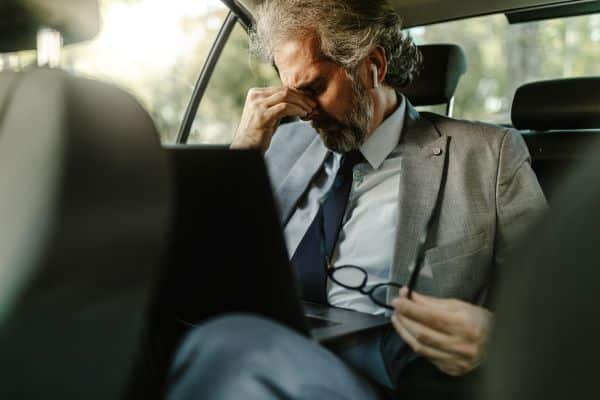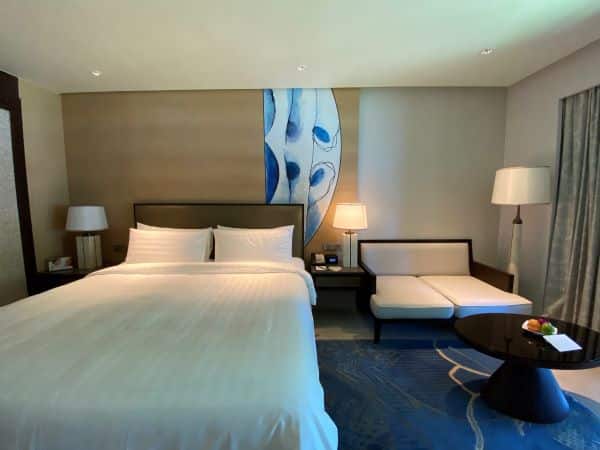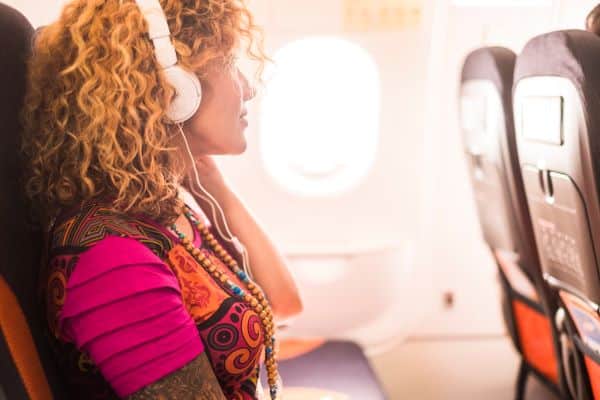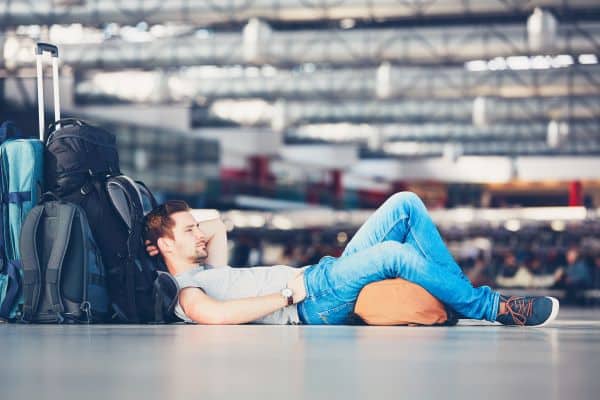Travel anxiety, a common challenge many face, often hinders the joy of exploring new destinations. This anxiety stems from various factors, including fear of the unknown, past negative experiences, or even general travel-related stresses. This article delves into practical strategies for overcoming travel anxiety, ensuring a more enjoyable and fulfilling travel experience. From understanding the roots of this anxiety to adopting coping mechanisms and embracing local cultures, the insights provided here are designed to empower travelers. Whether one is a seasoned explorer or a novice setting out for the first time, these tips offer guidance to transform travel into a more positive and enriching journey.
Contents
Understanding Travel Anxiety

Travel anxiety can manifest in various forms, from mild nervousness to debilitating fear, affecting one’s ability to enjoy travel. It often arises from a fear of the unknown, concerns over safety, or even past negative experiences while traveling. Understanding these triggers is the first step in managing travel anxiety. By acknowledging and accepting these feelings, travelers can address them constructively. It’s essential to remember that travel anxiety is a common experience, and recognizing it as a normal response to unfamiliar situations can help reduce its impact.
In addition to personal fears, external factors like cultural differences, language barriers, and navigational challenges can also contribute to travel anxiety. However, these concerns can be mitigated with the right mindset and preparation. Educating oneself about the destination, learning basic phrases in the local language, and familiarizing oneself with the area’s geography and customs can significantly reduce anxiety. It’s about building confidence through knowledge and preparation, paving the way for a more relaxed and enjoyable travel experience.
Pre-Trip Planning Strategies

Effective pre-trip planning is crucial in alleviating travel anxiety. This involves thorough research about the destination, including understanding the local culture, climate, and transportation options. Such preparation provides a sense of control and helps set realistic expectations for the trip. Planning should include creating a detailed itinerary outlining daily activities, accommodations, and transit plans. This roadmap serves as a reassuring guide through unfamiliar territories.
Another critical aspect of pre-trip planning is ensuring all travel documents are in order and easily accessible. This includes passports, visas, travel insurance, and health documentation. Double-checking these details can prevent last-minute panic and confusion. Additionally, informing close contacts or family members about the travel plans provides an extra layer of security, giving travelers and their loved ones peace of mind.
Building a Comfortable Travel Environment

Creating a comfortable travel environment starts with choosing the right accommodation. This means selecting a place that fits the budget and provides the necessary comfort and security. Reading reviews and researching the neighborhood can assist in making an informed decision. For those with severe travel anxiety, staying in a well-known hotel chain can offer a sense of familiarity and consistency.
Packing is also a critical component in building a comfortable travel environment. This includes clothes, toiletries, and any items that can provide comfort and a sense of home. It could be a favorite book, a travel pillow, or even a small collection of favorite snacks. These familiar items can be a source of comfort in unfamiliar settings, providing a small oasis of familiarity in a new environment.
Coping Mechanisms During the Journey

The journey itself can be a significant source of anxiety, especially when it involves long flights or navigating through unfamiliar public transportation systems. To mitigate this, travelers can adopt various coping mechanisms. Deep breathing exercises, meditation, or calming music can help manage stress levels. Additionally, engaging in light activities such as reading a book or watching a movie can distract the mind and ease anxiety.
Staying hydrated and maintaining a healthy diet during travel is also important. Often, dehydration and hunger can exacerbate feelings of anxiety. Packing healthy snacks and a water bottle for the journey can help maintain physical well-being and support mental health. Taking regular breaks during long travel days to stretch, walk around, and breathe fresh air is also beneficial, keeping the body and mind refreshed.
Social Support and Communication

Having a support system while traveling can greatly diminish feelings of anxiety. Traveling with a companion or in a group can provide security and familiarity. Companions offer emotional support and can share the responsibility of navigating new environments. Keeping in regular contact with friends or family back home can also be reassuring for solo travelers. Sharing experiences and discussing worries with loved ones can provide comfort and a sense of connection despite the physical distance.
In today’s digital age, joining online travel communities or forums can also be beneficial. These platforms allow travelers to seek advice, share experiences, and connect with others who have similar interests or have been to the same destinations. Learning from the experiences of others and receiving encouragement can significantly ease travel anxiety.
Embracing Local Cultures and Experiences

One of the most enriching aspects of travel is the opportunity to immerse oneself in new cultures and experiences. Embracing local customs and traditions can be a transformative experience that enhances the journey and distracts from anxiety. Trying local foods, participating in cultural activities, and interacting with residents can lead to meaningful and memorable experiences.
It’s important to step out of one’s comfort zone but at a comfortable pace. Start with small, manageable activities and gradually build up to more adventurous ones. This gradual approach allows travelers to challenge themselves without becoming overwhelmed. Balancing planned activities with spontaneous experiences can also add an element of excitement and unpredictability that can enrich the travel experience.
Dealing with Unexpected Challenges

Travel often involves unexpected challenges, whether a delayed flight, lost luggage, or a cultural misunderstanding. Being mentally prepared to face these challenges is crucial in managing travel anxiety. Maintaining a calm and problem-solving attitude helps in dealing with unforeseen situations effectively. It’s also essential to have key information, such as emergency contacts, travel insurance details, and local emergency services numbers.
Flexibility is a vital trait for travelers. Adapting to new situations, changing plans when necessary, and keeping an open mind can significantly reduce stress and anxiety. It’s about finding the balance between being prepared and adaptable to whatever the journey brings.
Mindful Traveling

Mindfulness is a powerful tool in managing anxiety, including travel anxiety. Being present at the moment and fully engaging with the current experience can help alleviate worries about the past or future. Mindful practices such as meditation, conscious breathing, and focused observation of one’s surroundings can enhance the travel experience and reduce anxiety.
Journaling is another way to practice mindfulness while traveling. Documenting experiences, thoughts, and feelings helps process the journey and provides an outlet for anxious thoughts. It also serves as a wonderful keepsake to reflect on the positive experiences of the trip.
The Bottom Line
Travel anxiety, while a common experience, should not deter one from exploring and discovering the joys of travel. This article has provided comprehensive strategies, from understanding and preparing for travel anxiety to embracing new experiences and dealing with challenges. Each journey offers unique opportunities for growth and enjoyment. By adopting these strategies, travelers can manage their anxiety and enrich their travel experiences. The world is full of wonders waiting to be explored, and with the right approach, even the most anxious traveler can step out into it with confidence and excitement.


